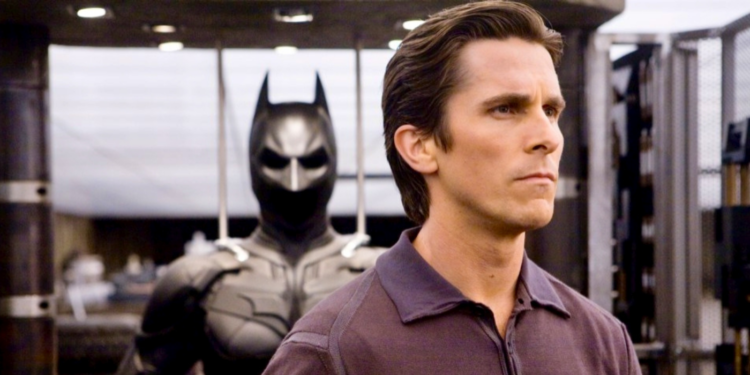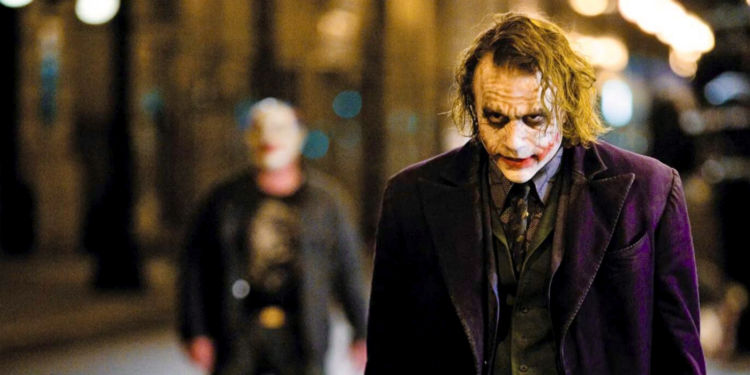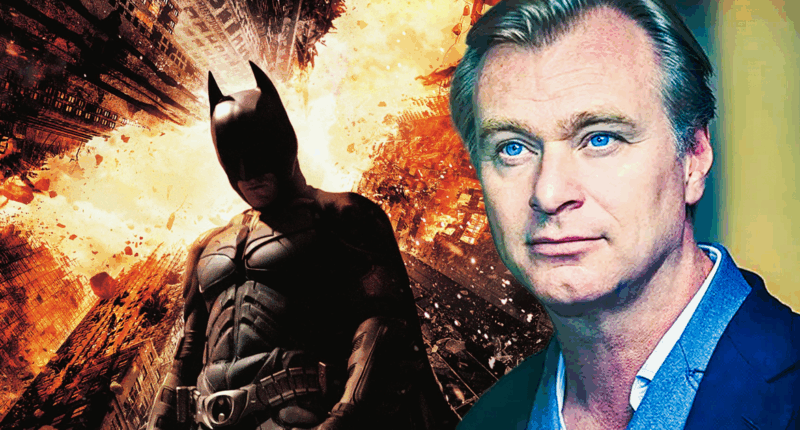After Christopher Nolan’s The Dark Knight hit theaters in July 2008, it marked a cultural moment and bacame an instant hit. Audiences flocked to see the Batman sequel like they never had before. Now, 17 years later, The Dark Knight still stands as Nolan’s most critically acclaimed film. Before 2008, he was a respected filmmaker with hits such as Memento (2000) and Batman Begins (2005). After The Dark Knight, Christopher Nolan became one of Hollywood’s most bankable and visionary directors.
The movie elevated the superhero genre, as well as Nolan’s entire career. Revisiting the movie nearly two decades later is like opening a time capsule from an era when comic book films were finding their identity. Before shared universes and billion-dollar franchises became a norm in the genre, The Dark Knight balanced spectacle with sharp storytelling. That timeless quality explains why the film continues to hold its place at the top of Christopher Nolan’s filmography, despite the director’s impressive roster of hits since.
The Dark Knight Was a Defining Batman Movie
While superhero movies were already popular by 2008, most leaned heavily on formula. However, The Dark Knight, the second installment of Nolan’s Batman trilogy, broke the mold. Nolan rooted Gotham in a world that felt eerily close to our own and relatable to audiences, against the flashy sets and over-the-top villains of earlier iterations. Christian Bale’s portrayal of Bruce Wayne was of a superhero torn between duty and desire. His Batman operated less like a comic book character and more like a vigilante navigating real-world consequences.
The realism helped audiences connect with the film on a deeper level. Gotham didn’t look like a fictional, fantasy city, but like any of today’s modern metropolises. The movie picks up after the events of Batman Begins. With the support of allies like police lieutenant James Gordon (Gary Oldman) and newly appointed district attorney Harvey Dent (Aaron Eckhart), Batman appeared closer than ever to restoring order to Gotham. The installment also introduces Heath Ledger’s Joker as Batman’s new adversary.
Heath Ledger’s Joker
Of course, no discussion of The Dark Knight is complete without mentioning Heath Ledger. His portrayal of the Joker is often cited as one of the greatest performances of the 21st century. Ledger’s Joker was unpredictable, anarchic, and terrifying in his simplicity. His Joker wanted chaos, and his ability to manipulate others made him one of cinema’s most compelling villains. Heath Ledger’s untimely passing before the film’s release added a haunting layer to the performance. The role earned him a posthumous Academy Award for Best Supporting Actor, a rare achievement for a comic book film.
The Dark Knight Created a Box Office Milestone

When The Dark Knight was released, it became the first comic book movie to gross over $1 billion worldwide. This set a precedent for the superhero genre’s dominance at the Box Office. At the time, such a feat was almost unheard of outside of fantasy franchises like Harry Potter or The Lord of the Rings. Unarguably, the milestone reshaped Hollywood. Without The Dark Knight, it’s hard to imagine the Marvel Cinematic Universe taking off with the same force. Even DC isn’t left out, as the film’s success allowed the studio to continue to invest in darker, more serious adaptations.
The Dark Knight Remains Christopher Nolan’s Most Critically Acclaimed Film

To date, The Dark Knight still tops charts. On Rotten Tomatoes, it boasts a seller score, having a 94% Tomatometer and Popcornmeter rating. On IMDb, it holds an 8.4/10 rating, consistently ranking as Nolan’s best film since 2008. That level of acclaim is rare for a superhero movie, a genre often dismissed by critics as lightweight entertainment. Part of what keeps the film so highly rated is its balance of accessibility and ambition. Even for normal, casual audiences, the set pieces and storyline were enthralling.
From the bank heist opening to the unforgettable hospital explosion, The Dark Knight took the genre to a whole new level. The ripple effects of The Dark Knight went beyond Gotham. The Academy’s decision to expand the Best Picture category from five to ten nominees the following year was a direct response to criticism that Nolan’s film wasn’t nominated despite its widespread acclaim. This change opened the door for more diverse films to gain recognition at the Oscars, altering the awards landscape permanently.









